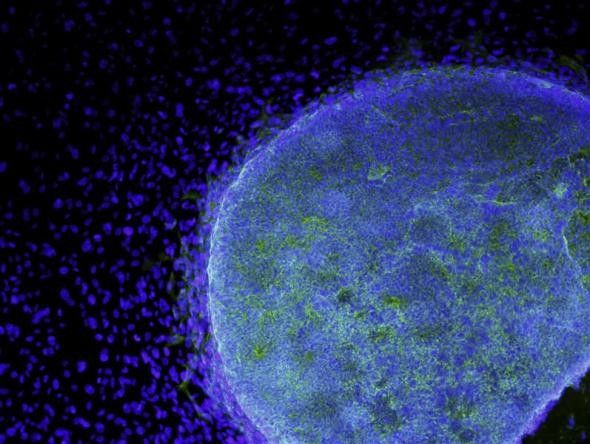European Court Bans Patents on Human Embryonic Stem Cells

On Tuesday, the European Union's Court of Justice in Luxembourg ruled that stem cell patents involving human embryos would not be allowed. Although stem cell research remains controversial, very few countries have put a ban on it.
Some scientists feel that this could seriously stand obstacle to major medical advancements. The case itself was brought to court by environmental justice group Greenpeace. In 1997, a University of Bonn filed a patent for the technique to turn embryonic stem cells into nerve cells. Believing these actions would encourage the exploitation of human embryos, Greenpeace filed a lawsuit against the researcher.
Even though this particular case was filed by an environmental group, many religious groups are against the advancement of stem cell research as well. Because cell lines are derived from human embryos, the research is controversial in that some believe all stages of human development should be protected.
Several UK lawyers say that there will eventually be a way around the ban. It's possible to carry on the research without ever destroying embryos, such as using cell reprogramming.
The court is making an exception for techniques involving therapeutic or diagnostic usages for the human embryo. The way this University of Bonn researcher sees it, stem cell research can continue in Europe, but further procedures will have to be implemented elsewhere.
© Copyright IBTimes 2024. All rights reserved.





















